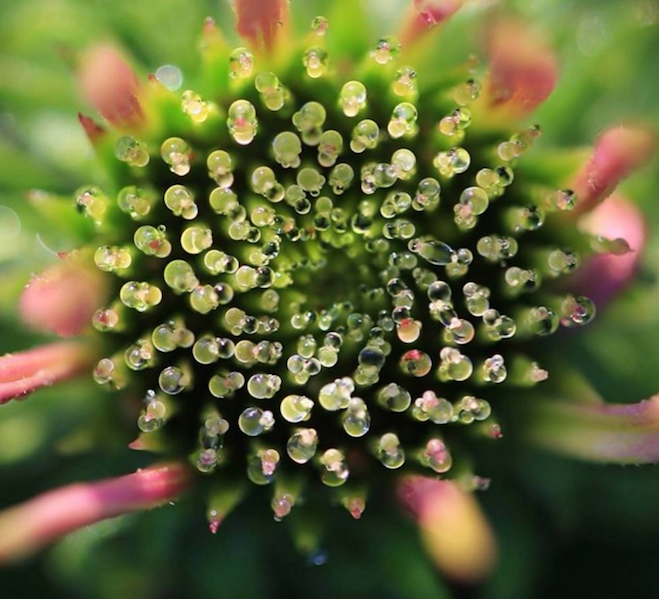
30 Dec Genitourinary Syndrome of Menopause: A Naturopathic Physician’s Guideline to Treatment
Women reaching menopause may experience a wide range of physical changes to the genitourinary system: the genitals and urinary tract.
A recent article in the Mayo Clinic Proceedings reviewed the options for women experiencing genitourinary syndrome of menopause, a relatively new term that describes various menopausal symptoms and signs associated with physical changes of the vagina, vulva, and genitourinary tract.
It’s a common problem that affects nearly 50% of post-menopausal women, yet only about 7% are receiving treatment. I’m referring to genitourinary syndrome of menopause or GSM. It’s a term that used to be called atrophic vaginitis.
Symptoms of GSM can include vaginal dryness, itching, and painful intercourse. GSM also increases the risk of urinary tract infections (including frequency, urgency and urge leak), all the result of low levels of estrogen that goes along with menopause.
The good news is there are treatments that can help if you’re willing to talk to your provider about it.
What age are women when they first experience GSM?
Typically GSM affects women 1-2 years after the age of menopause, which averages at 51 for North American women.
It is incredibly under-diagnosed. Many women think it’s a natural part of aging and don’t associate GSM with menopause. Also many providers aren’t aware of these symptoms and may even be uncomfortable bringing up the topic of sex.
Yet, it’s important to understand that GSM is not limited to just pain with sex. It can be incredibly uncomfortable for women when sitting or wearing jeans or getting on a bicycle or wiping after they urinate. So it’s not just about their sex lives.
Does GSM get better with time?
Hot flashes and night sweats even though they may last a long time, they do typically get better over time. Whereas these symptoms of GSM, get worse with time.
How do we make a diagnosis?
A diagnosis can be made just by compiling a woman’s health history and knowing her age. But providers are encouraged to do a physical examination because there are some other things that can be mistaken for these same symptoms, lichen sclerosis for example.
For the most part, however, GSM is generally determined from identifying the symptoms with a woman’s age.
What treatment options are there?
The good news are there are lots of things we can do about this. And this starts with just using quality, natural over-the-counter moisturizers and lubricants. Moisturizers are like face creams for the vagina that can be used every day or every other day on a regular basis to help lock in moisture. Lubricants can be used as needed for sexual activity.
We can also prescribe custom compound moisturizing creams with vitamin E and hyaluronic acid to support the vaginal mucosal lining and further enhance moisture absorption.
If those two in combination aren’t sufficient, then we have prescription therapies that are available and most of them are based around hormonal treatments.
The most common and well-known is low dose vaginal estrogen. It is available in creams, ring and tablet, all that go into the vagina. They are very effective, very low dose, and with very little concern about any systemic or long term effects.
DHEA dehydroepiandrosterone) is a hormone produced by our adrenal glands and it has also been very effective for treating the inflammatory symptoms associated with GSM.
What about treating urinary symptoms, like leaking?
Vaginal estrogen will help with urinary frequency, urgency, and urge leak. Vaginal estrogen will not help with stress incontinence, which is cough/sneeze leak. That is more due to relaxation of the pelvic floor muscles. For stress incontinence, pelvic floor exercises is the most successful treatment. Your provider can refer you to a pelvic floor physical therapist to help manage stress incontinence and also help with tight pelvic floor muscles that often are the cause of pain with sexual intercourse.
What about laser treatments?
There are some interesting recent data on lasers for improving vaginal health. The lasers cause tiny wounds in the vagina which then results in a healing process which thickens the tissues. These are short term data only and we are still waiting on the long term data of the safety of this.
The emotional impact of GSM cannot be underestimated. It can impact the quality of life, for women’s partners, for their sexual lives. But the good news is that it is addressable, GSM is a very treatable issue.
If you or someone you know is in menopause and would benefit from a GSM evaluation, feel free to drop me a line on the “contact us” page on this site. I treat patients locally at my Naturopathic practice in Vancouver, B.C. and worldwide via phone or Skype.
To honoring your health potential!
Licensed Naturopathic Physician, Menopause Clinician, Acupuncturist, Author, and Health Educator

